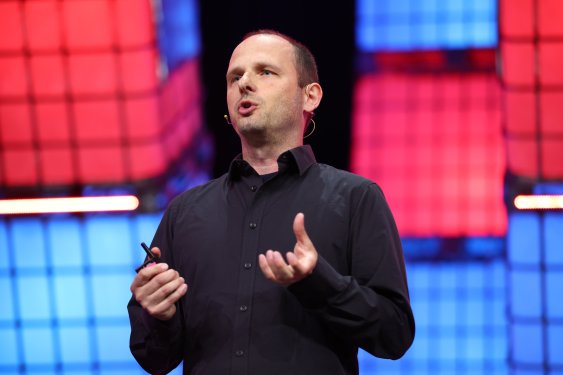GitHub has announced a new development that may change the way we think about software development. Ahead of its annual GitHub Universe conference in San Francisco, the company revealed Copilot Workspace, a dev environment powered by "Copilot-powered agents" to help developers brainstorm, plan, build, test, and run code in natural language.
What is Copilot Workspace?
According to Jonathan Carter, head of GitHub Next and the software R&D team, Copilot Workspace is designed to leverage AI to reduce complexity so developers can express their creativity and explore more freely. "Our primary goal with Copilot Workspace is to combine human plus AI, which we truly believe will be superior to one or the other alone," he said.
How Does it Work?
Copilot Workspace uses natural language processing (NLP) to understand developer’s intent and provide relevant suggestions, code snippets, and even entire functions. This means that developers can focus on the high-level concepts of their project rather than getting bogged down in tedious coding tasks.
Will Copilot Workspace Fix the Existential Issues Surrounding AI-Powered Coding Tools?
There have been concerns raised about the potential pitfalls of relying too heavily on AI-generated code, such as introducing mistakes, security issues, and duplicated code. However, GitHub is emphasizing human review to help clean up some of these problems.
The Impact of AI on Software Development
Gartner predicts that 75% of enterprise software engineers will employ AI code assistants by 2028. While this may seem daunting, developers are not shying away from AI. A recent StackOverflow poll found that 44% of developers already use AI tools in their development process, and 26% plan to soon.
Conclusion
Copilot Workspace is an exciting development that has the potential to revolutionize software development. While there may be concerns about its limitations and potential pitfalls, GitHub’s emphasis on human review and collaboration with developers suggests that it can help mitigate some of these issues.
Related Topics
- AI
- AI-Powered Coding Tools
- Copilot Workspace
- Generative AI
- GitHub
Kyle Wiggers’ Bio
Kyle Wiggers is a senior reporter at TechCrunch, focusing on artificial intelligence and its applications in various industries. He has written for VentureBeat and Digital Trends, among other publications.
Related News Articles
- Roborock’s Roomba competitor gets a robot arm: Brian Heater
- Bad news for Adrian Dittman/Elon Musk truthers: Anthony Ha
- Tenable CEO Amit Yoran dies: Anthony Ha



